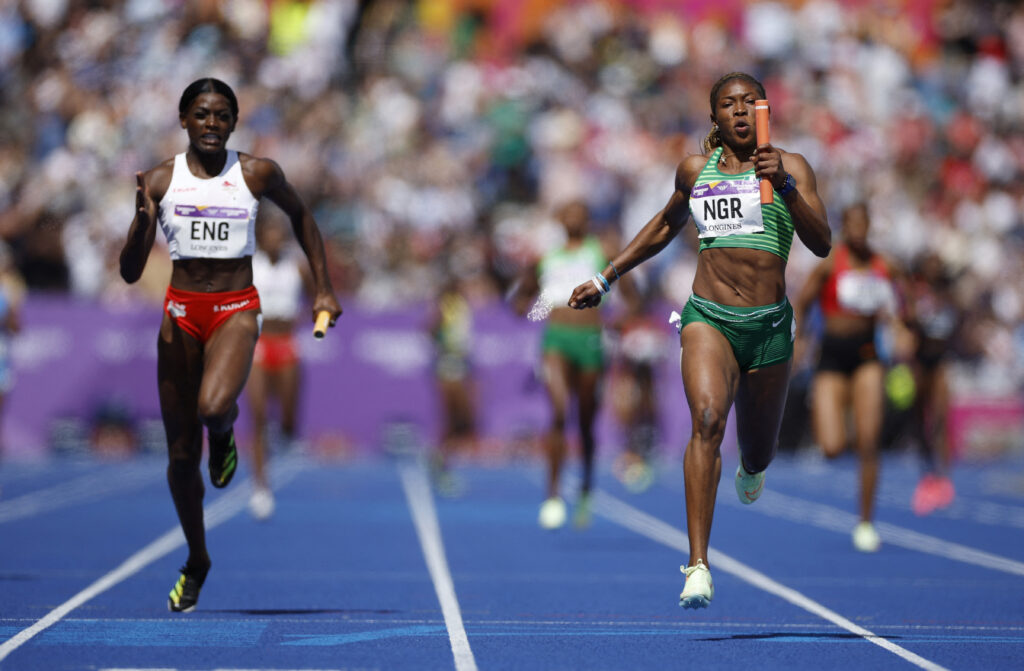Victoria’s refusal to host the 2026 edition of the Commonwealth Games due to a steep rise in costs has put a question mark over the immediate future of the event. This has put the Commonwealth Games Federation in a fix. It understands the message sent out by the Australian state that staging the Games is not practical, in terms of return on investment and improvement in sporting standards.
Possibly for the first time since the Games were first held in 1930, this event for countries part of the erstwhile British Empire is facing an existential question. In Victoria’s case, estimated costs have shot up to Aus $7 billion from Aus $2.6 billion (1 Aus dollar = 0.67 US dollar). It can be assumed that those expected to pump in the money see it as a misplaced investment.
The time is also appropriate to examine what the Commonwealth Games mean to the participants and how they benefit from this. Answering the second part first, it’s well known that the standards of these Games are way below the Olympics or World Championships. Sometimes, even continental records are better. Most countries that shine at the highest level do not send their top athletes to the Commonwealth Games. Usain Bolt or Mo Farah or some legendary Kenyan long-distance runners never took part in it. This is a stage for the nations good at Olympic disciplines to send their future prospects. For them, it’s a glorified exposure competition.
Its importance changes totally in the Indian context and that helps us answer the first question what this event means to the participants. For Indians, it’s a big deal because the government presents Rs 30 lakh, 20 lakh and 10 lakh to gold, silver and bronze medallists, respectively. The amounts are the same for Asian Games. For Olympics, the figures are 75 lakh, 50 lakh and 30 lakh.
While cash is a fair incentive, for a country like India aspiring to excel at a higher level, this may act as a drawback. Most of our athletes come from humble backgrounds and the prize money means a lot to them. They also get jobs for winning medals. This, at times, can kill ambition and make an athlete content with what he/she has achieved at the Commonwealth or Asian level. They can stop pursuing excellence, happy with the security of cash and a job.
According to the Press Information Bureau, rewards for World Championships — which are of much higher standard than the Asian and Commonwealth Games — are not as high. For a World Championship held every four years, the cash incentives are 40 lakh, 25 lakh and 15 lakh, for biennial events 20 lakh, 14 lakh and 8 lakh and for World Championships conducted every year, this is 10 lakh, 7 lakh and 4 lakh.
So badminton players, boxers and wrestlers — for whom World Championships happen every year or once in two years — earn less than Asian and Commonwealth Games medallists despite succeeding in competitions of much higher standards. For Satwiksai Rankireddy and Chirag Shetty, who won India’s first-ever Super 1000 title in badminton, there was no cash although they struck gold at en event rated far ahead of the Commonwealth Games. For winning a World Championship bronze, they got 4 lakh. The same at Commonwealth Games would fetch 10 lakh.
The other flipside of prioritising Commonwealth or Asian Games is lowering the bar. If one strives for a medal at these Games, he/she naturally sets that as target and does not aspire to do well at the Olympics or World Championships. Indians have never been this good at Olympic sports. Other than a best-ever seven medals in Tokyo, they have won laurels at the latest World Championships in men’s and women’s boxing and badminton. Wrestling, too, was doing well before the controversy. After Neeraj Chopra’s historic Olympic gold, long-jumper M Sreeshankar came from nowhere to snatch a Diamond League podium finish.
Things are looking up for Indian sports and a lot of credit goes to the government schemes, policies, grants, advice from the committees of experts and federations. This is the time to aim higher so that the Olympic tally crosses double figures in 2024 and Indians win more medals at top events like the World Championships. Prioritising Commonwealth Games and sending your best athletes there at the cost of training or competing abroad will be a step in the opposite direction. There is corporate support and a clutch of role models. Time to set bigger goals and chase them.
Also Read: Victoria cancels hosting CWG 2026. What does it say about the future of these Games?




